A year after the Pentagon launched a new initiative to significantly expand its cyber workforce last year, despite positive signs, the agency is still struggling to fill thousands of unfilled positions while ensuring those hired meet competency standards.
“We are short 28,000 people, so I have to find ways to train the next generation of talent,” said Mark Gorak, the official in charge of resources and analysis for the US Department of Defense’s chief information officer, according to a recent report by the military website Breaking Defense .
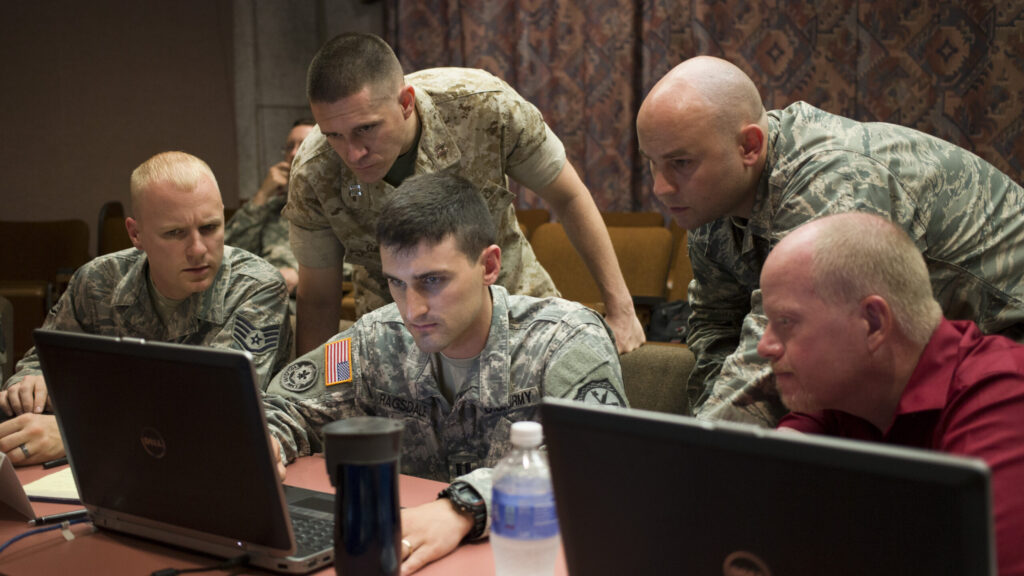
US military personnel in the cyber field work at Gordon base in Georgia.
The Pentagon hired 12,000 people under its Cyber Workforce Strategic Deployment Plan, but 10,000 have left. The industry-wide picture shows 225,000 people in the cyber workforce, with 72 related positions, according to Gorak’s office.
The problem of quantity and quality
Filling vacancies is one thing, finding qualified people is another matter entirely.
“I think the second biggest challenge is the level of the current workforce and making sure that we have consistency and competency across the entire workforce, especially for an organization as large as the US Department of Defense,” said Mr. Gorak.
Consistency is maintained by dividing the cyber workforce into three levels: entry-level, intermediate, and advanced. However, this division is sometimes confusing because there is no unified measure and can complicate the assessment of the different skills involved in the cyber industry.
Jobs like building networks for hacking and information exploitation will require a different set of mid- and high-level skills than those who don’t, Gorak said. “The hard part is how you assess whether they have the capacity to meet the standards,” he said.
The Department of Defense has also pushed for exchange programs within and outside the government to address the common challenge of cyber workers. However, Gorak said it is difficult to get a fair exchange. “People from other units tell me they want to take people in but they don’t want to send anyone away. That’s not how exchange programs work,” he said. Getting parties to “release” people when they are also short of manpower is difficult.
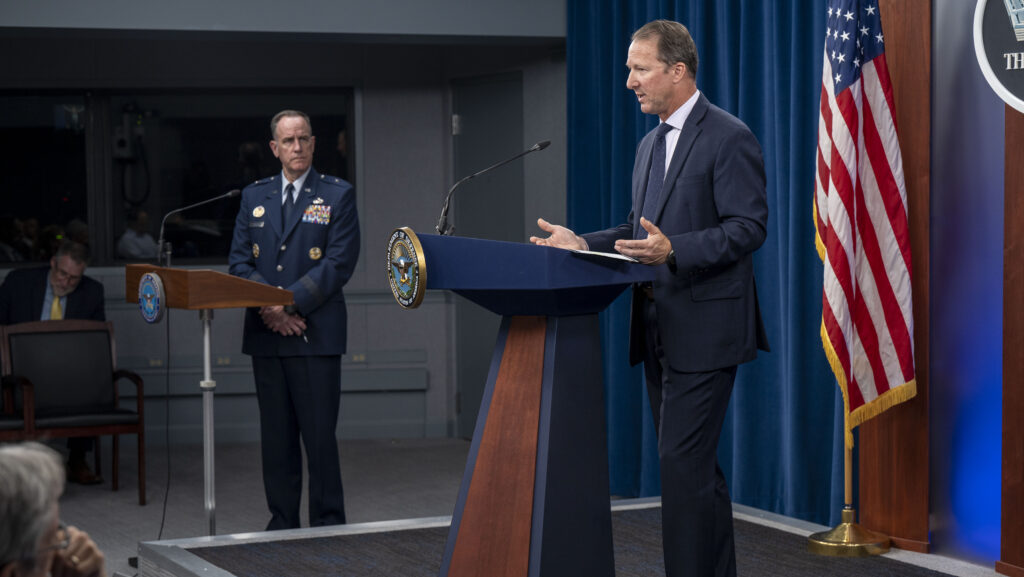
Mark Gorak speaks during a press conference at the Pentagon in 2022.
PHOTO: US DEPARTMENT OF DEFENSE
Meanwhile, US Space Force Deputy Commander Michael Guetlein highlighted a challenge: His unit has spent huge amounts of money on cybersecurity but still has difficulty retaining employees.
“I can’t hire talent fast enough and keep them long enough. As soon as they’re trained and skilled, companies hire them at much higher salaries,” he said at an Intelligence and National Security Alliance event in Washington, DC.
Give initiative
Of the 38 initiatives outlined in the Defense Department's cybersecurity workforce strategy, Gorak said two have been completed, still far from the goal of completing 10 initiatives in fiscal 2024.
The first completed initiative was the creation of the Cybersecurity Academic Partnership Office, which will serve as a unified focal point for cyber operations between the Pentagon and academia. This has been a challenging undertaking, with challenges including how to connect with partners, address gaps, and find the training staff for all the necessary programs.
The second initiative is to raise awareness in Congress about the priority of developing the cyber workforce. In contrast to the lack of communication between the Pentagon and Capitol Hill in the past, Gorak said his team and Congress now share the goal of “fixing the cyber workforce,” which will accelerate the process of drafting legislation to strengthen the workforce.
Pentagon official Gorak said completing two initiatives is not much but can be considered an initial achievement, considering the bureaucracy that causes decisions to stagnate.
"I believe my job as the head of these programs is to overcome the bureaucracy with my rank. You would be surprised that some issues need to be confirmed by my rank to be approved, while I think people three or four levels below me could have done it. This is also a challenge that we need to work hard to overcome," he said.
Source: https://thanhnien.vn/lau-nam-goc-khat-nhan-luc-nganh-khong-gian-mang-185240903102513208.htm



![[Photo] Prime Minister Pham Minh Chinh chairs a meeting of the Government Standing Committee to remove obstacles for projects.](https://vphoto.vietnam.vn/thumb/1200x675/vietnam/resource/IMAGE/2025/10/06/1759768638313_dsc-9023-jpg.webp)

![[Photo] Prime Minister Pham Minh Chinh chaired a meeting of the Steering Committee on the arrangement of public service units under ministries, branches and localities.](https://vphoto.vietnam.vn/thumb/1200x675/vietnam/resource/IMAGE/2025/10/06/1759767137532_dsc-8743-jpg.webp)




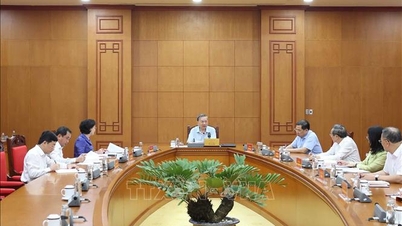




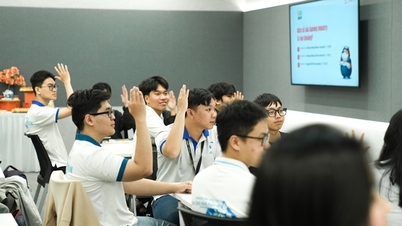




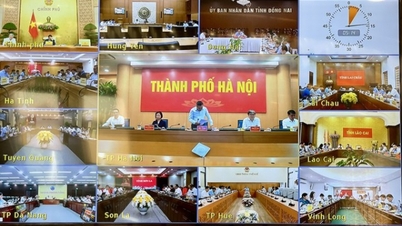
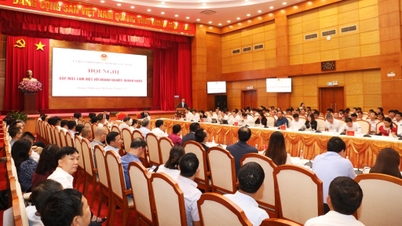
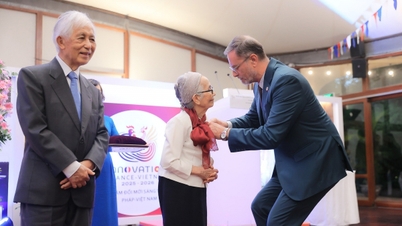
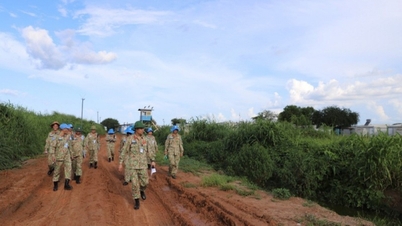

























































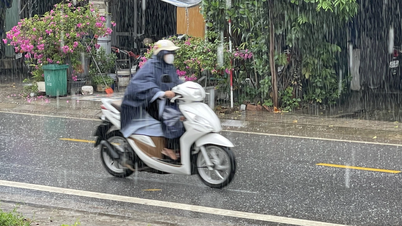



















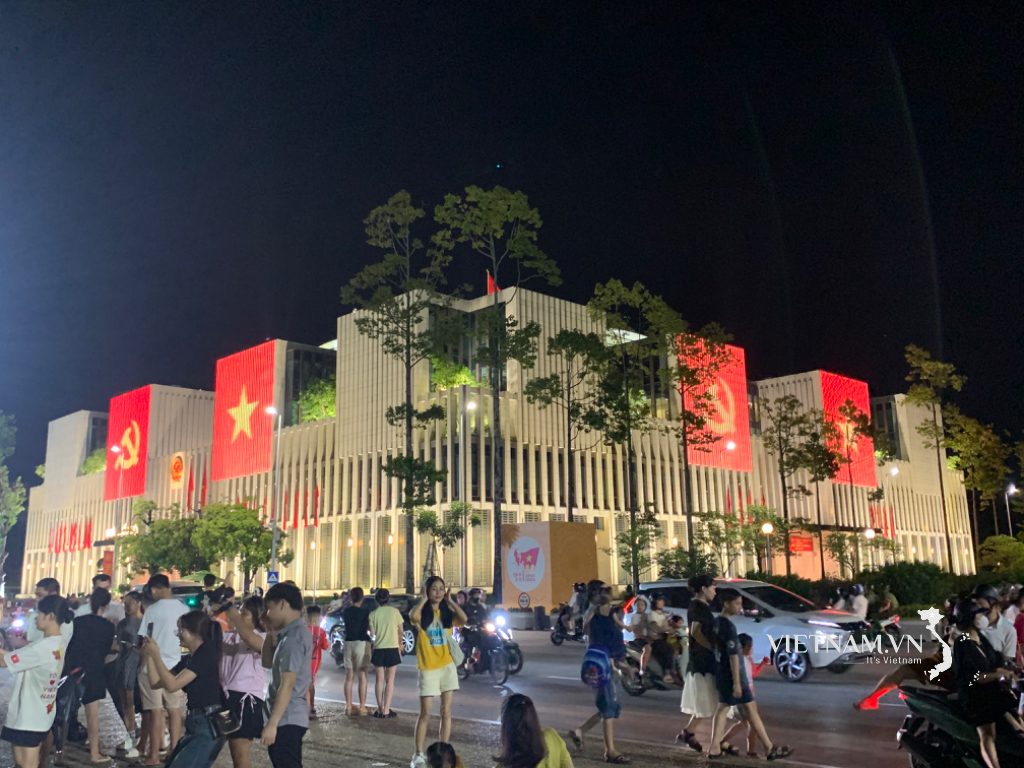

Comment (0)